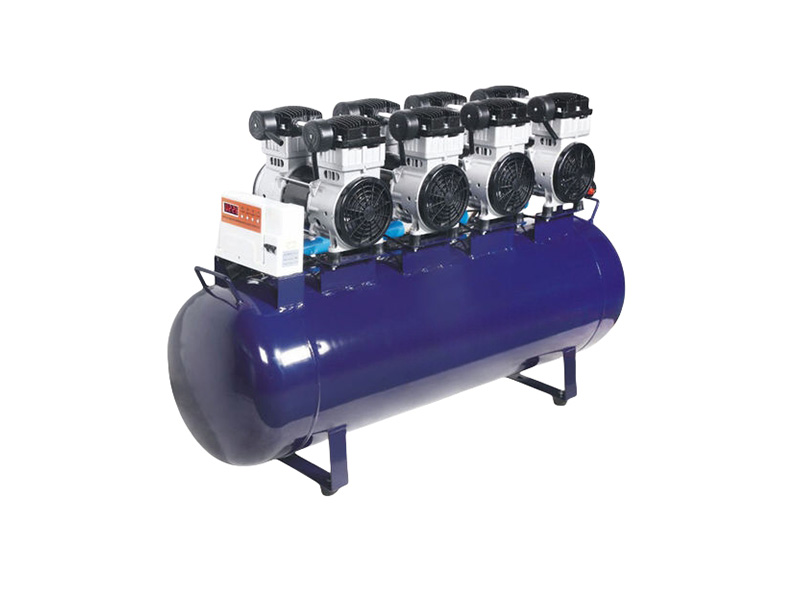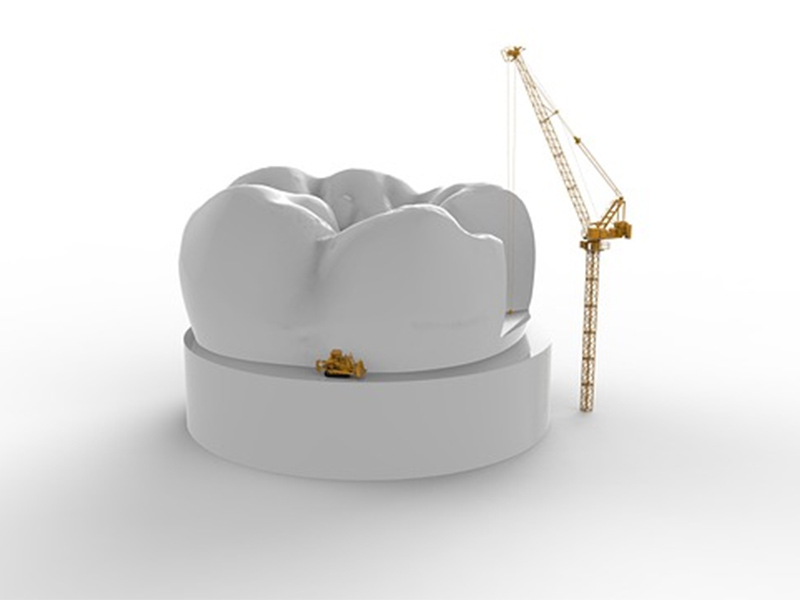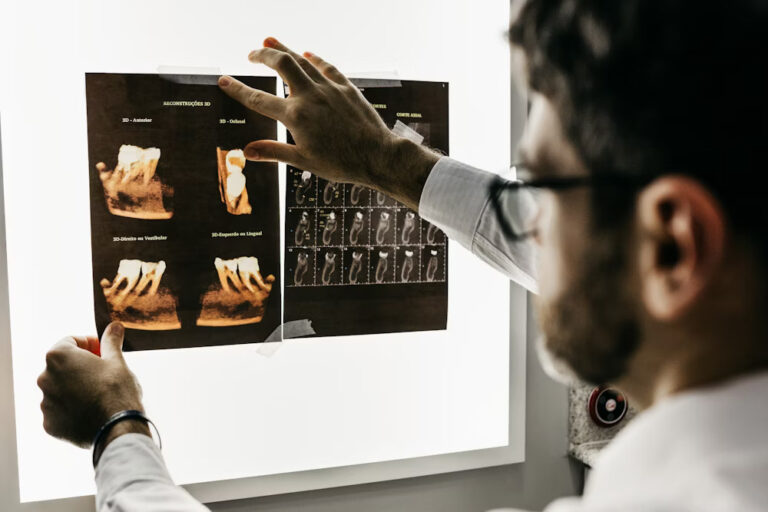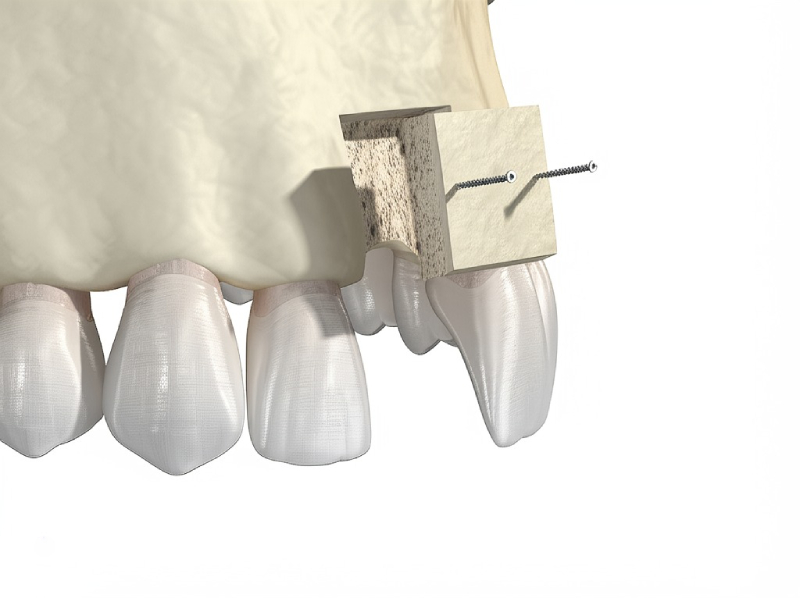
The Easy Guide to Picking and Caring for Your Dental Compressor in Dental Office
Clean, dry air is really the heart of every dental office. A dental compressor keeps your tools working quickly, safely, and all the time, so you can concentrate on giving your patients reasons to smile. In this article, I’ll explain why getting the right compressor matters so much in dental office, how to pick the size and care for it, and what you need to look for when you shop locally. If you want your dental office to run smoothly and keep your patients safe, keep reading. You’ll get clear answers to your biggest questions right here.
Table of Contents
Why Does Clean Air Matter in Dentistry?
In every dental office, clean air isn’t just nice—it’s needed. Dental tools use compressed air for doing just about everything, like cleaning teeth, drying fillings, and working dental handpieces. That air goes straight into your patients’ mouths, and even a tiny bit of oil, water, or dirt can cause a problem.
You do not want to deal with infection, your equipment breaking, or fillings failing just because the air was bad. I learned this the hard way. Once, my patient’s filling didn’t work out because the air was wet—and it turned out my compressor was dirty. Ever since, I don’t take air quality lightly.
If you’re in USA and want to pass the state checkups, your dental compressor must meet the rules. It’s the hidden part you need for good dental work.
What Really Is a Dental Compressor?
A dental compressor just squeezes air and sends it out to your dental gear. It’s like the lungs in your office.
If you use a dental handpiece or need to dry a tooth, you lean on that compressor. These machines filter, dry, and sometimes cool the air before it gets to your tools.
Think of the compressor as the hero working in the background. If it stopped, nothing in your office would work right. Picture getting ready for a big treatment, and you find out your handpiece won’t spin or your chair sprays water or oil. You’d be stuck. A good compressor saves you those headaches.
And in Maryland, where rules are extra strict, you want to make sure your unit always runs how it should.
What Type of Dental Compressor Should I Get?
Maryland dentists mostly pick between two: oil-free piston compressors and oil-free scroll compressors.
Oil-Free Piston Compressors
Oil-free piston compressors are really common in dental offices. They use pistons to press and move air. I see these a lot in smaller offices since they’re not too expensive but do a good job. Here’s why you might choose one:
- Pros: Lower price, easy to find parts, decent air.
- Cons: Can be loud, needs more checking, sometimes shakes more.
Oil-Free Scroll Compressors
Scroll compressors are the newer kind. They use a special scroll part to push air, which makes them smooth and quiet. Here’s what you get:
- Pros: Very quiet, little shaking, few parts to break, lasts a long time, very clean air.
- Cons: Costs more at first, but can save you money later.
When I changed to a scroll compressor, everyone noticed the difference fast. The office sounded quieter, and my tools worked better. If you can afford it, scroll is the way to go for peace and less hassle.
How Does a Compressor Affect Patient Safety?
Let’s get real about risk. If your dental compressor leaks oil, throws out water, or lets bacteria in, your patients could get sick. Up to 70% of dental handpiece problems come from dirty air from the compressor. Scary, isn’t it?
Here’s what could go wrong:
- Wet air helps germs grow inside the tubes.
- Oil or dirt can get into fillings and make them weak.
- Bad air means more chances for infection and health problems.
State boards and the FDA in Maryland are strict on unsafe air. No one wants to fail an inspection or have a sick patient. That’s why most offices now use oil-free compressors with filters and air dryers inside.
If you care about your patients and reputation, go with an oil-free, medical-use model.
What Air Rules Do Maryland Dentists Have to Follow?
Maryland uses tough national and state rules for medical air. Here’s a quick list:
- FDA medical device rules: Your compressor must be FDA-approved for patient use.
- ISO 13485: Checks that your air system meets medical law.
- NFPA 99: Sets the rules for safe air use in health buildings.
- OSHA: Covers work safety for you and your team.
A compressor with good multi-stage filters keeps you following the rules and passing any surprise checks.
Maryland’s Own Rules
Maryland often copies national rules, but sometimes the county or city may have their own. Always check your local health department to be sure.
Ever worry if your air is clean enough? If you’re not sure, pay a pro to test it. They’ll let you know if you’re good or if you need to make fixes.

How Do I Pick the Size and Set Up a Compressor for My Office?
Getting a dental compressor isn’t just about the price. First, ask yourself:
- How many chairs and handpieces do I use at one time?
- Am I planning to add more soon?
- How much space do I have? What about the noise?
Easy rule: Add up the CFM (cubic feet per minute) for all the handpieces that might run together, then add a little extra. That way, your compressor won’t run out of air or turn on and off all the time. If you have many rooms, you’ll need a bigger tank and a stronger motor.
How to Set Up
- Put the compressor in a dry, cool, well-vented room.
- Use noise pads or boxes to keep things quiet.
- Make sure techs can get in easy for service.
Always let a certified pro do the setup, especially in Maryland. They’ll make sure everything is safe and meets the rules.
What Do I Need to Do to Take Care of My Dental Compressor?
Let’s be clear: a compressor only works as good as its last check-up. If you forget maintenance, it can stop, leak, or fail inspection.
Here’s my easy list:
| Task | How Often | Why It’s Needed |
|---|---|---|
| Drain the air tank | Every day | Stops water from building up |
| Check air filters | Every week | Keeps air clean, no clogs |
| Look over hoses | Every month | Finds wear or leaks early |
| Change filter/dryer | Once a year | Keeps air quality high |
| Full pro check | Once a year | Stays under warranty, finds problems |
For example, last year I forgot to check the air dryer. Soon, I smelled something strange and saw water in the lines. A fast filter change could have saved me a lot of money on handpieces.
If you hear weird sounds, see pressure low, or see water in the lines, don’t wait. Call a tech fast.
Who Can Help Me with Compressors in Maryland?
You need a trusted dental equipment seller who knows Maryland rules and can get parts for your machine. When I started out in Baltimore, getting help quickly was my top worry.
Look for someone with:
- Offices or storage in Maryland
- Fast help in emergencies
- Trained techs for install and fixing
- Good reviews from Maryland dentists
- Product help and warranty
Some of the top names are Midmark, Cattani, Durr Dental, Jun-Air, and Ramvac. These brands make FDA-approved, oil-free options and have quiet models for any size office.
Most suppliers also offer financing, so you don’t have to pay everything at once.
What Brands Are Best for Maryland Dental Offices?
There are lots of solid options for dental air compressors, but a few are top picks in Maryland:
- Midmark Dental Compressor
- Reliable and easy to get parts.
- Many sellers all over Maryland.
- Durr Dental Compressor
- Super quiet, great air drying.
- Popular with bigger offices.
- Cattani Dental Compressor
- Saves power, gives clean air.
- Lasts a long time, good for growth.
- Ramvac Dental Compressor
- Tough machines with big tanks.
- Good for busy Maryland offices.
- Jun-Air Dental Compressor
- Fits small spaces, little need for work.
- Always gives pure air.
Go with brands that have warranty and lots of local support for fixing. Maryland dental offices do better when they use reliable brands.
How Much Does a Dental Compressor Cost?
Let’s look at money. Here’s what you’ll see in Maryland:
| Compressor Type | Price | Yearly Care Cost | Why Choose This |
|---|---|---|---|
| Oil-Free Piston | $2,500-$4,000 | $300-$500 | Cheaper, works fine |
| Oil-Free Scroll | $4,000-$8,000 | $400-$800 | Quiet, lasts long, saves power |
| Fancy w/ Dryers | $7,000-$12,000 | $500-$900 | For many rooms, best air |
Note: Cheaper isn’t always better. A good compressor keeps tools going, saves money in the long run, and means fewer surprise fixes. See it as a smart choice for your business.
Upgrading? Ask about trade-ins and extra warranty.
FAQ: What Every Maryland Dentist Should Know
How often should I get my dental compressor checked?
- Once a year by a pro. Clean filters every month, drain daily.
Can I use a normal store-bought compressor for dental work?
- No. Regular or industrial compressors may put oil, dirt, or water in your tools and can hurt patients. Only use oil-free units made for dental use.
How long will a dental compressor last?
- With care, a piston model lasts 10-15 years, a scroll one can go 15-20 years or more.
Are there special Maryland rules for compressors?
- Yes. You have to follow both national and local health codes. Check with your local health department for updates.
What if I hear odd sounds or see low air?
- Stop using it and call your seller or tech right away. Safety comes first!
Main Points to Remember
- Clean, dry air is needed for every Maryland dental office to keep tools working and patients safe.
- Always go for an oil-free compressor with good filters and dryers.
- Pick the right size for your office—plan for busy days and future growth.
- Stick to a regular care plan and call for repair as soon as you see trouble.
- Use a Maryland seller with top reviews, quick help, and all the products you need.
- Trust brands like Midmark, Cattani, Durr Dental, and Jun-Air for machines built to last.
- Spending on a good compressor saves money, time, and stress later.
- Always keep up with Maryland and national health rules for medical air.
Dentistry is easier when your compressor works behind the scenes. Take care of your air—it’ll take care of your whole office.








